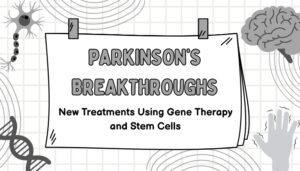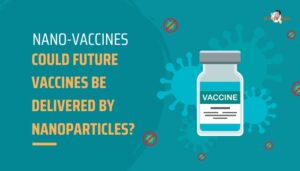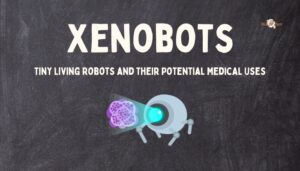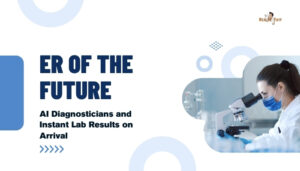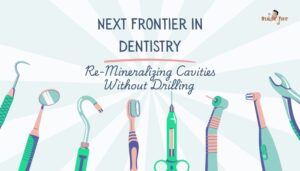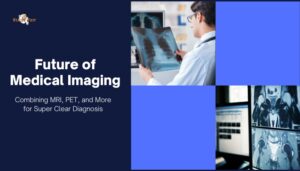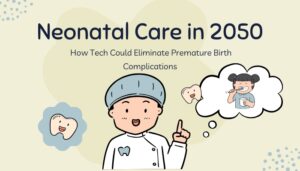Parkinson’s Breakthroughs: New Treatments Using Gene Therapy and Stem Cells
Introduction Parkinson’s disease (PD)—marked by tremors, rigidity, and slowness of movement—stems from progressive loss of dopamine-producing neurons in the brain. Traditional therapies like levodopa mitigate symptoms but fail to halt underlying neurodegeneration. Now, gene therapy and stem cell research promise...
Read MoreNano-Vaccines: Could Future Vaccines Be Delivered by Nanoparticles?
Introduction Vaccines are among humanity’s most potent weapons against infectious diseases. Yet traditional vaccine delivery often comes with constraints—like the need for cold chains, multiple booster shots, or suboptimal immune targeting. Now, researchers explore nano-vaccines, leveraging nanoparticle technology to refine...
Read MoreXenobots: Tiny Living Robots and Their Potential Medical Uses
Introduction Imagine a “robot” not built from metal or plastic, but from living cells—capable of movement, self-organization, and environmental sensing. These “xenobots” represent a new frontier in biological robotics, bridging developmental biology and computational design First engineered from frog (Xenopus...
Read MoreER of the Future: AI Diagnosticians and Instant Lab Results on Arrival
Introduction Emergency rooms (ERs) are renowned for their hustle—physicians triaging patients under intense pressure labs processing countless tests to guide urgent decisions. Yet wait times still frustrate many, and the slightest backlog can turn life-threatening for acute cases. Now, a...
Read MoreIs Aging a Disease?: The Debate on Treating Aging as a Medical Condition
Introduction For centuries, aging has been viewed as an inevitable life process, not a treatable condition. Yet, as science illuminates the molecular underpinnings of age-related decline, more voices suggest that we treat aging as a disease in its own right—something...
Read MoreNext Frontier in Dentistry: Re-Mineralizing Cavities Without Drilling
Introduction For decades, the standard approach to a cavity (dental caries) has been to drill out the decayed portion of the tooth and fill the hole with amalgam or resin . But new research suggests that non-invasive methods—re-mineralizing early-stage cavities—might...
Read MoreFuture of Medical Imaging: Combining MRI, PET, and More for Super Clear Diagnosis
Introduction Medical imaging has already revolutionized healthcare—from X-rays unveiling broken bones to MRI scanning deep into soft tissues. Yet further innovation looms: hybrid imaging fusing MRI, PET (positron emission tomography), CT, and other techniques into a single platform or integrated...
Read MoreSuperhumans: Could Gene Editing Give Us Enhanced Abilities (and should it)?
Introduction From mythological demigods to modern superhero fiction, humans have long fantasized about extraordinary strength, agility, or intelligence. Now, gene editing tools—most notably CRISPR-Cas9—raise the possibility of actually engineering such traits. Could we someday tweak our DNA to run faster,...
Read MoreThe End of Organ Rejection: Tolerance Therapies So You Can Accept Any Organ
Introduction Organ transplants can save lives—yet patients face a lifetime of immunosuppressive drugs that carry side effects like infection risk or cancer predisposition . But what if recipients could accept donor organs without such intense medication, as if the organ...
Read MoreNeonatal Care in 2050: How Tech Could Eliminate Premature Birth Complications
Introduction Premature birth remains a leading cause of infant mortality and lifelong health challenges. But as we look toward 2050, rapid developments in fetal medicine, AI-driven monitoring, and even artificial wombs could drastically reduce or eliminate complications associated with preterm...
Read More
